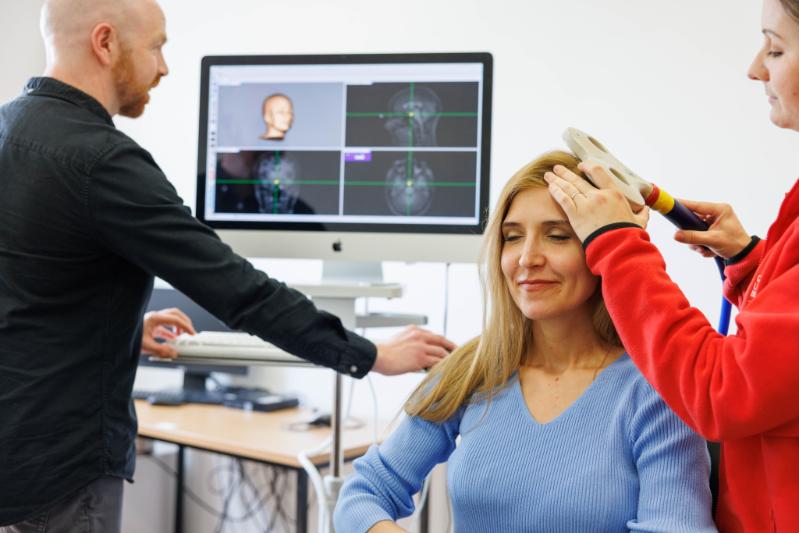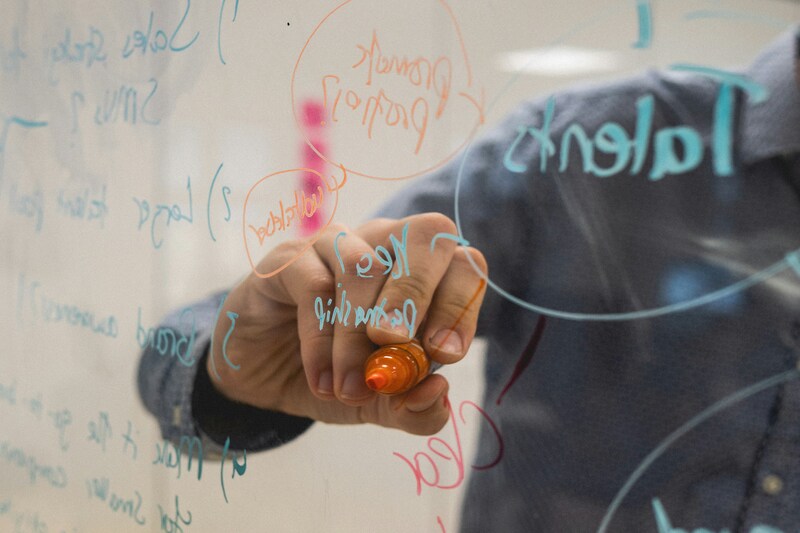The School works with a broad range of stakeholders including HSC Trusts, Health & Education Authorities, Public Bodies & Charities. Below is an example of some of the contributions the School has made to the economy and society.
We have developed outstanding links with the Northern Ireland Executive and government departments. We have, for example, delivered Knowledge Exchange Seminars at Stormont to MLAs and other civil servants to highlight how our research can be translated into policy.
Within the UK, CIHRQoL has worked closely with the UK’s Public Health Agency and are part of their Behaviour Change Group which was established in response to the need to support rapid behaviour change, particularly distancing among young people, due to COVID-19.
CIIR is currently undertaking a longitudinal study for the Special European Union Programmes Body examining the impact of PEACE IV projects across Northern Ireland which aim to promote psychological resilience and positive cross-community relations among vulnerable young people. Initial results are positive, and recommendations have helped to fine-tune these youth projects to ensure maximum effectiveness.
Given the recent death of George Floyd and the Black Lives Matters campaign, understanding how we can promote a more inclusive and equal society has been a matter of enormous public and political interest. Prof Rhiannon Turner delivered the 2019 British Academy / British Psychological Society Annual Public Lecture on promoting confidence in contact in a diverse world, and was part of the team that delivered ‘The school that tried to end racism’, a 2020 Channel 4 documentary which received extensive media coverage, including an interview on ITV’s Good Morning Britain and an article in The Times’ Saturday Magazine. It also led to a panel event attended by MPs and Members of the House of Lords, and an invitation to give evidence at a joint session of the Petitions Committee, Women and Equality Committee, and Education Committee.
In relation to another global priority, reducing conflict and promoting peace, justice, and humanitarian action in divided societies, CIIR recently gave evidence to the UK Parliamentary Petitions Committee on the importance of compulsory anti-racist education to inform a forthcoming parliamentary debate. Internationally, they have worked with educational and government stakeholders across the Balkans, working together to apply shared education in divided societies.
The School’s partnerships have resulted in tangible research impacts. These include numerous government reports based on our recommendations, for example the Physiological Society Policy Report ‘Growing Older, Better’ in response to the UK government’s healthy ageing mission, and the Independent Report on Integrated Education commissioned by the Northern Ireland Executive, which included expert testimony from Prof Rhiannon Turner. We also produced reports in response to the COVID-19 pandemic, including BPS Disease Prevention guidelines on how to stay healthy during the crisis.
The School has also received a number of prestigious awards –
- CIIR was part of the research team awarded the 2019 national Queen’s Anniversary Prize for its work on using Shared Education to promote positive relations in Northern Ireland.
- Prof Rhiannon Turner was awarded the 2020 Vice Chancellor’s Impact Prize for work around harnessing education to tackling racism.
- Prof Cherie Armour received the 2020 Lord Ashcroft Research Award for innovation in the conduct of research and potential for future impact for research on the health and wellbeing of military veterans.





